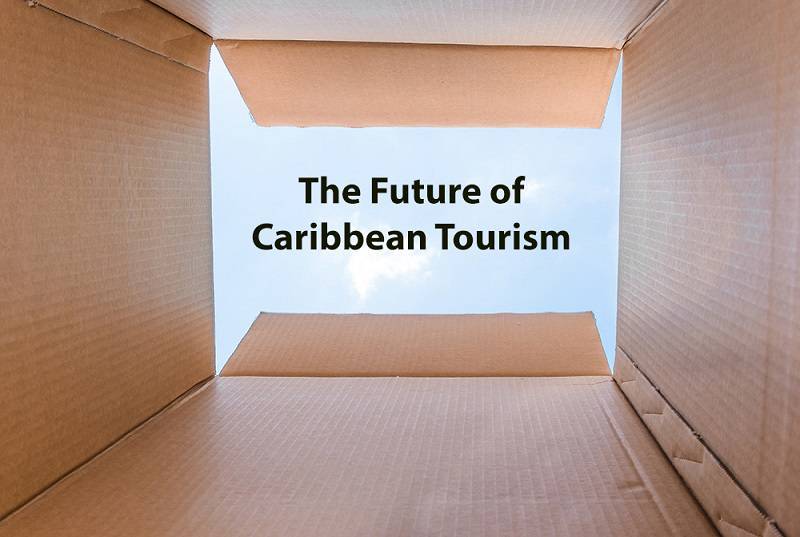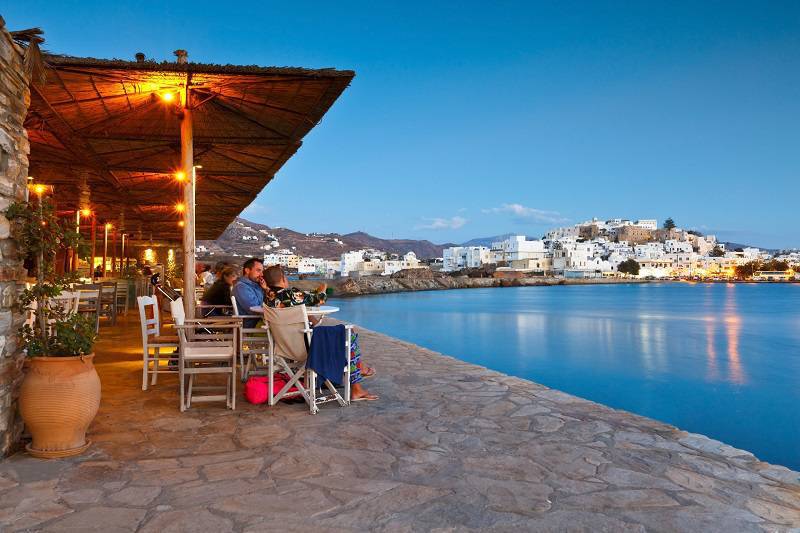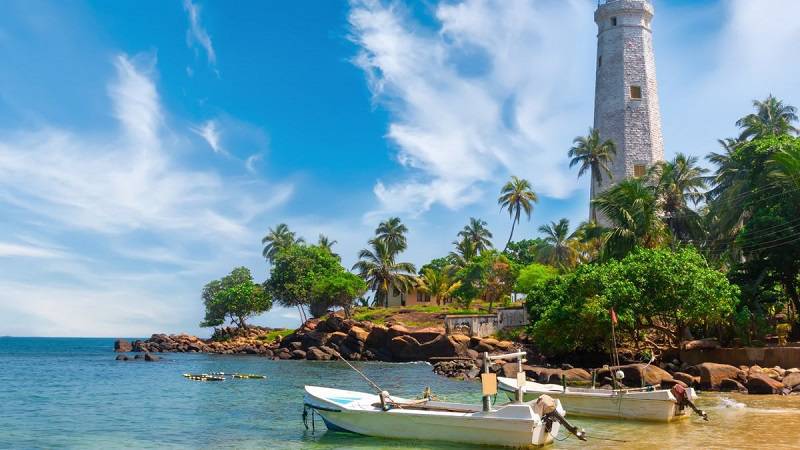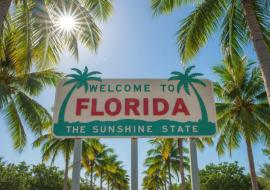The Future of Caribbean Tourism Takes Thinking Outside the Box

By Verónica de Santiago
Reliable Caribbean and international entities suggest that the region’s tourism sector is now delivering on average directly and indirectly about 40.6 percent of the Caribbean’s GDP, although in Aruba, Antigua, Barbados, the Bahamas, the OECS states and most overseas territories tourism the figure is much higher.
According to an article penned by David Jessop, a consultant to the Caribbean Council, and posted on News Americas Now, a detailed country by country analysis and statistics produced by the IMF suggest that sustaining the contribution tourism makes has become critical to the long-term economic stability of almost every Caribbean nation other than Trinidad, Suriname and Guyana.
Despite this, little thought has been given to how to future proof the industry as disruptive technologies take their toll, the region’s largely sun, sea and sand high-volume offering becomes subject to multiple global pressures likely to affect traveler sentiment, and international competition increases.
“Industry analysts say that the megatrends that determine what visitors want, expect, and where they will go, are changing and that macro developments affecting travel and tourism globally may damage those industries that fail to understand how these will change every destination’s prospects. Demographics, new ways of thinking about vacations among a globally expanding middle class, and the ability of large numbers of citizens of China, India, Latin America, and Russia to travel widely will, they believe, mean that tomorrow’s tourism is likely to be very different,” Mr. Jessop writes in his piece.
He explains further on that the Paris-based OECD, which brings together 36 of the world’s like-minded wealthy nations, has for several years been focusing on long-term trends affecting tourism and the reforms needed to ensure sustainability. This has resulted in the production of detailed assessments of the structural changes it believes will shape the future of tourism globally.

Mr. Jessop points out that the OECD has concluded that that tourism policy makers need to develop a better understanding of trends and develop a strategic approach which sees regulatory frameworks and industry governance updated.
The abovementioned report suggests “the adoption of policy responses to disruptive developments such as growing consumer concern about levels of aviation and maritime carbon emissions, the use of artificial intelligence, data gathering, and the use new monetary instruments, all of which it believes will become potent issues for visitors.”
The report also suggests that unregulated tourism growth will increasingly impact on host communities and the natural environment. This they say will require governments to deliver policies that ensure a low-impact low-carbon future for the industry and a require a political response to “over-tourism.”
The report’s authors argue that technology will radically reshape the industry causing it and governments to have to think carefully about how a destination trades off cost savings and efficiencies against the value of customer experience.
In his article, Mr. Jessop summarizes the OECD report’s main items and points to the need for the Caribbean Tourism Organization (CTO) to reinvent itself “as a body able to undertake long-term strategic research, but this would require significant long-term funding and a consistent approach.”
He also adds that another move could be to have its private sector counterpart, the Caribbean Hotel and Tourism Association, (CHTA) convene a meeting that looks far over the horizon involving governments.
Mr. Jessop’s concludes, though, that no single approach to tackle this matter would be good enough. “The issues involved require whole of government thinking and policy solutions that can be delivered by the public and private sectors at both a national and regional level.”















